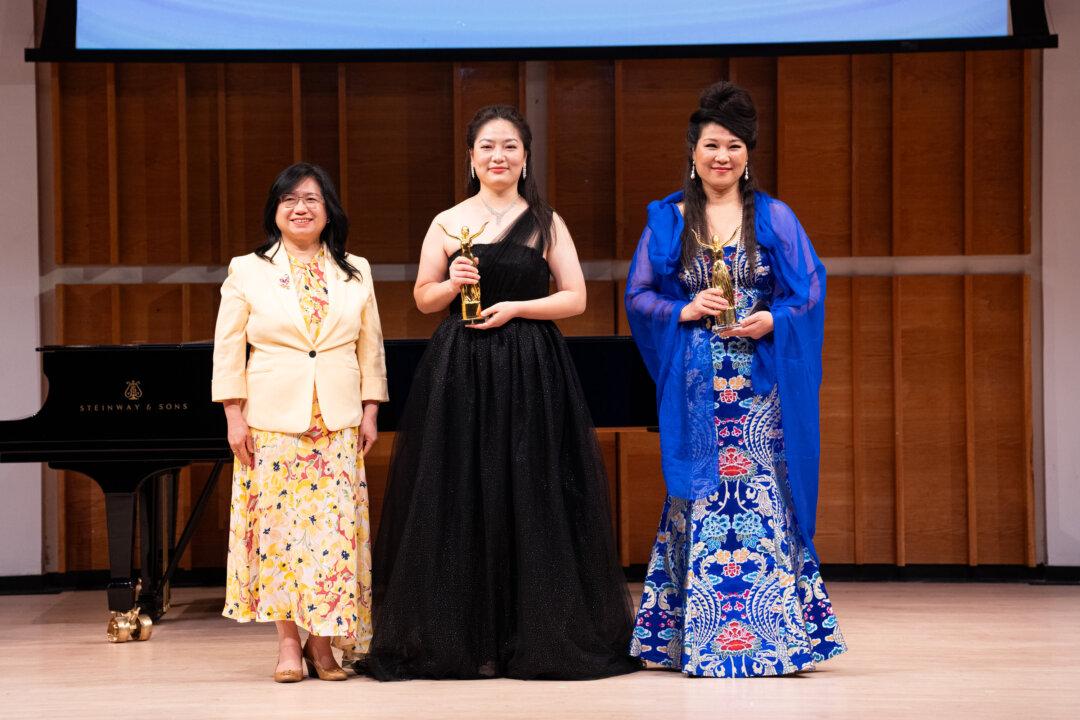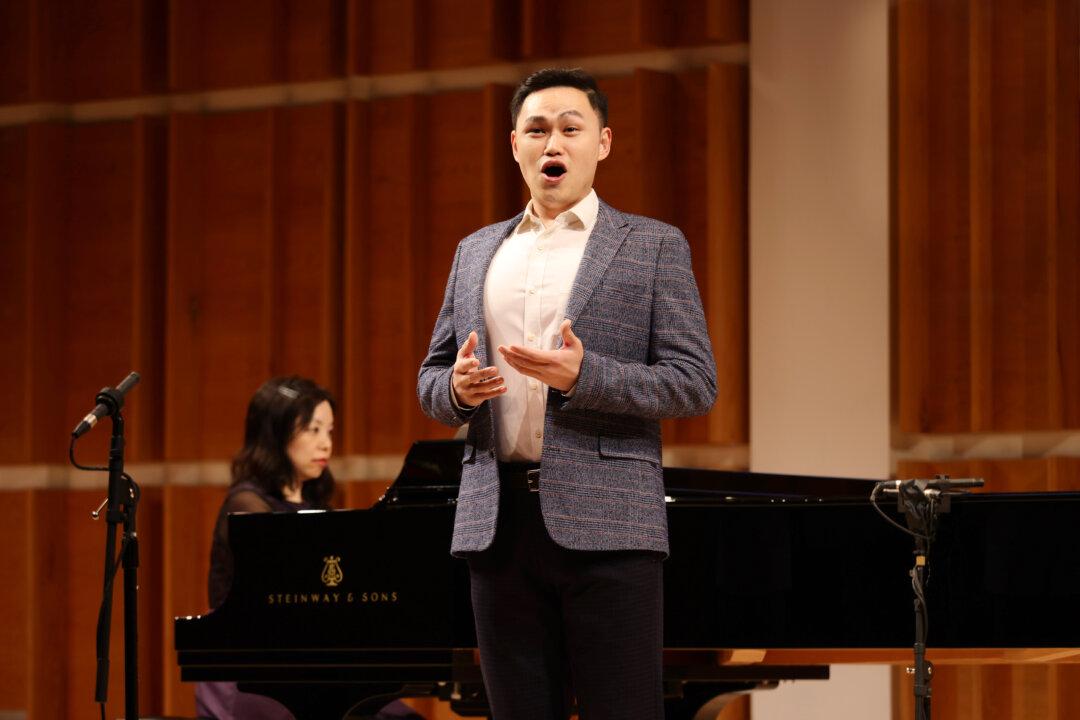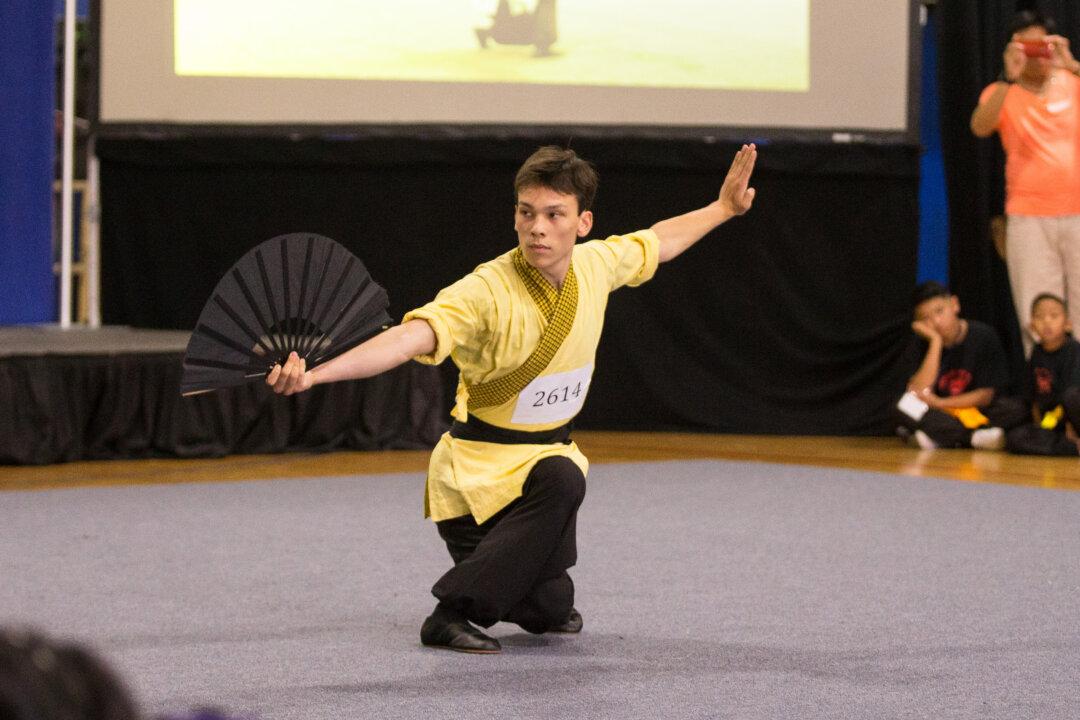A father in China is on a mission to free his children from computer games and cement walls, instead allowing them to listen to the sounds of cicadas and watch fireflies.
The “school without walls,” or “nature school,” is being built by Yuan Jun, an adventurer and entrepreneur, and it will be based in Hangzhou, Zhejiang Province, which is on the east coast of China.

A rendering of what Yuan Jun's school might look like. via Kaistart.com





